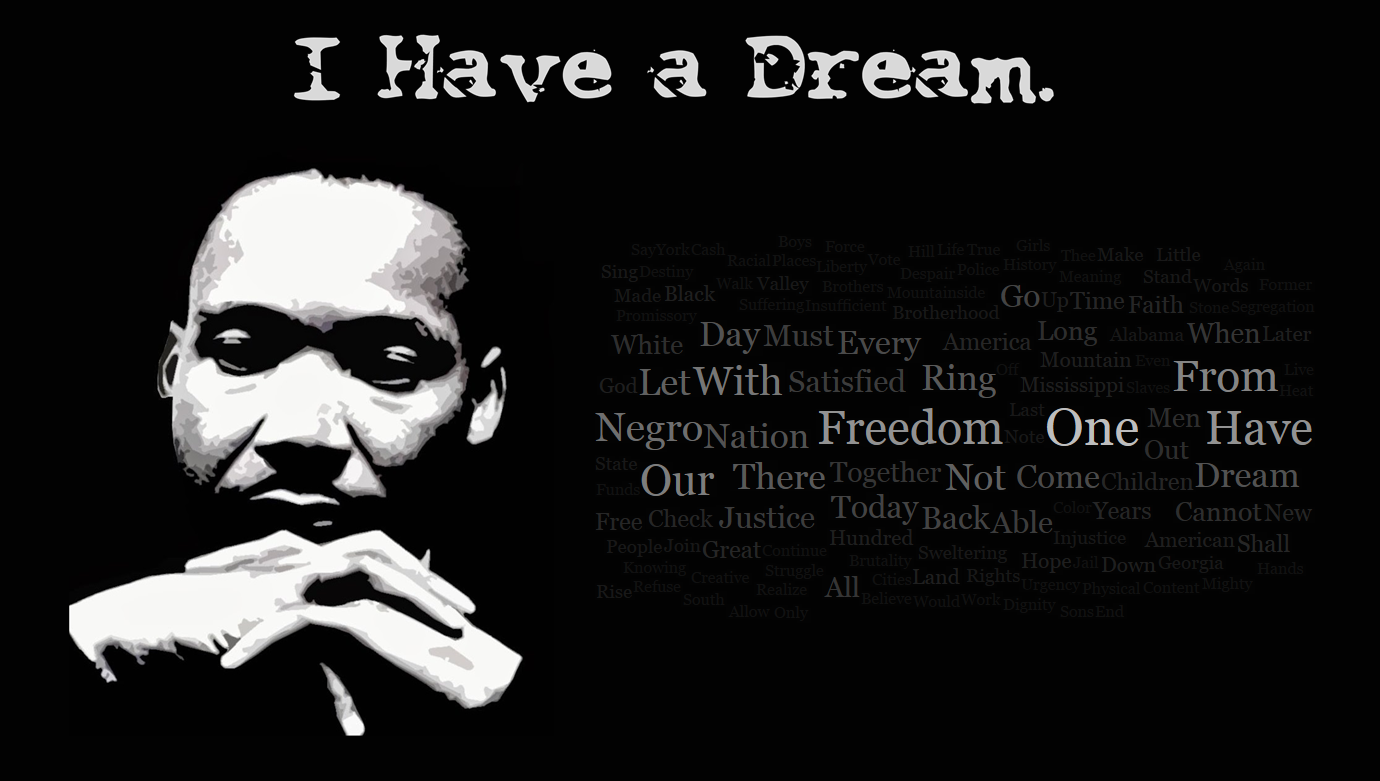

Many in the crowd that afternoon, 50 years ago on Wednesday, had taken buses and trains from around the country.

“I have a dream,” he declared, “my four little children will one day live in a nation where they will not be judged by the color of their skin but by the content of their character. His voice arced into an emotional crescendo as he turned from a sobering assessment of current social injustices to a radiant vision of hope - of what America could be. King took a leap into history, jumping from prose to poetry, from the podium to the pulpit. King pushed the text of his remarks to the side and began an extraordinary improvisation on the dream theme that would become one of the most recognizable refrains in the world.

King was about halfway through his prepared speech when Mahalia Jackson - who earlier that day had delivered a stirring rendition of the spiritual “I Been ’Buked and I Been Scorned” - shouted out to him from the speakers’ stand: “Tell ’em about the ‘Dream,’ Martin, tell ’em about the ‘Dream’!” She was referring to a riff he had delivered on earlier occasions, and Dr. Instead, he situated the civil rights movement within the broader landscape of history - time past, present and future - and within the timeless vistas of Scripture.ĭr. Unlike many of the day’s previous speakers, he did not talk about particular bills before Congress or the marchers’ demands. He began slowly, with magisterial gravity, talking about what it was to be black in America in 1963 and the “shameful condition” of race relations a hundred years after the Emancipation Proclamation.

finally stepped to the lectern, in front of the Lincoln Memorial, to address the crowd of 250,000 gathered on the National Mall. It was late in the day and hot, and after a long march and an afternoon of speeches about federal legislation, unemployment and racial and social justice, the Rev.


 0 kommentar(er)
0 kommentar(er)
